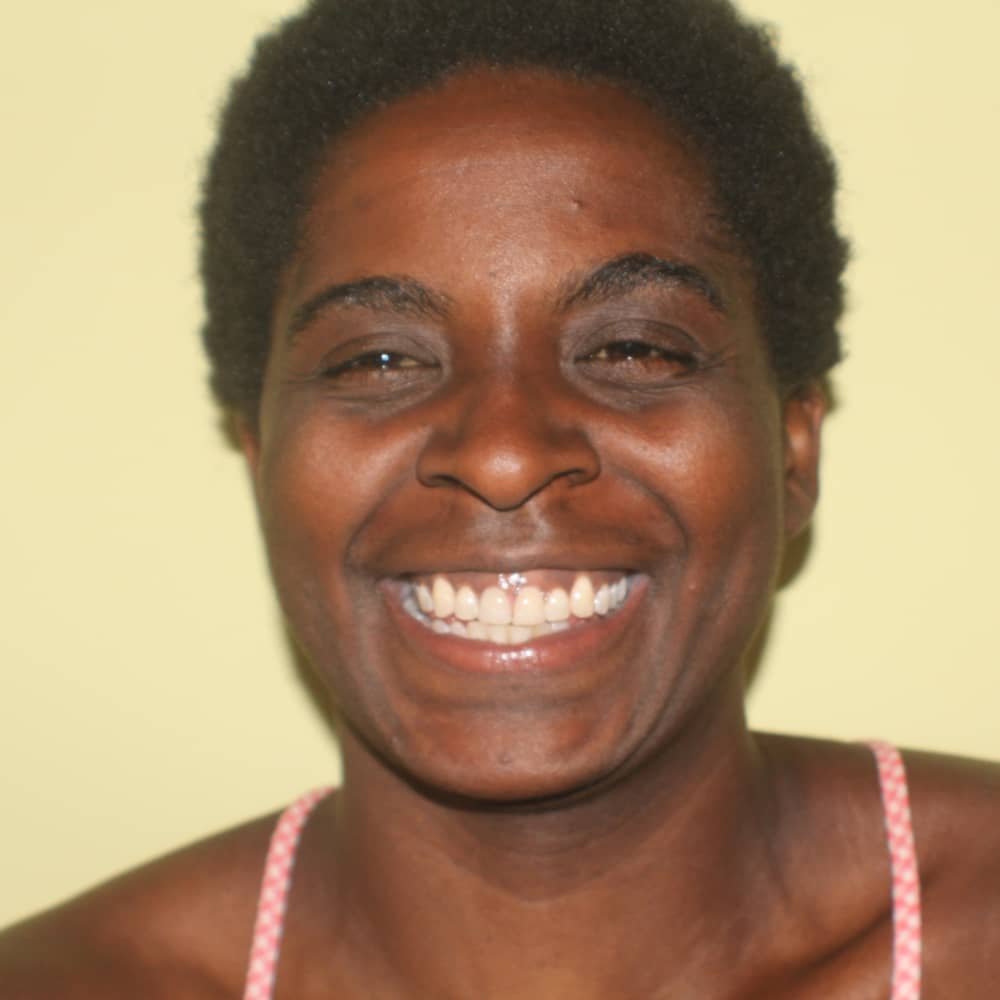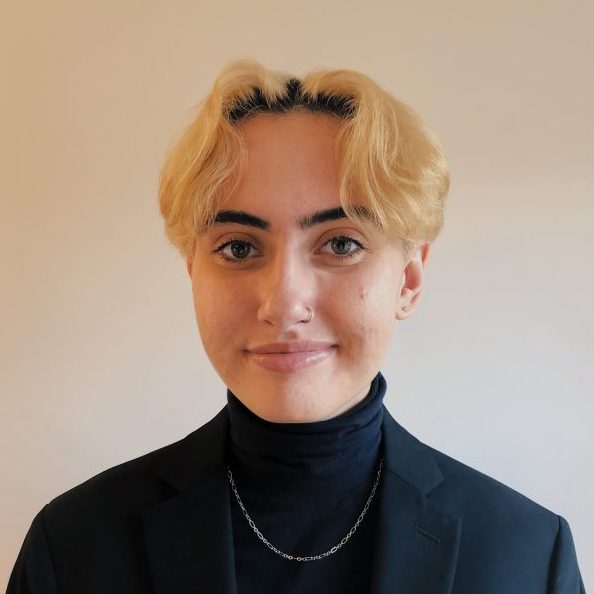My Journey as an LGBTQ+ Student Pursuing Graduate School
Going to graduate school is not necessarily super easy, and neither is being a queer student.
However, I will point out that it is possible, and being a queer graduate student is truly a powerful example for others. It is also a great way to be an example for younger queer folks, by showing that queer people are successful and can do anything they put their minds to.
It is important to say that being a queer graduate student might be difficult. And that is OK and totally valid. Grad school and a lot of other spaces, like workplaces, are not always set up for LGBTQ+ people to succeed. Many of these spaces are getting better, though, mostly because of the tireless work of LGBTQ+ advocates who have fought for better workplace and school protections for LGBTQ+ folks. Luckily for me, I attended the University of Maryland, College Park — a campus known for its progressive values and acceptance of LGBTQ+ students.
I was also super fortunate to work at the LGBTQ+ Equity Center on campus as a graduate assistant, where I met other students and built a community that aided in my personal and professional development as an LGBTQ+ graduate student.
Finding a Supportive, Professional Network on Campus
What also helped me was getting involved with LGBTQ+ initiatives on campus, like becoming a group member of my school’s diversity committee, which worked to make my academic department more welcoming to all.
Becoming a part of a group that works on LGBTQ+ equity and inclusion initiatives in a university setting allowed me to meet like-minded professors and allies within the department.
Fortunately, I actually found my job after graduation due to these connections.
Having a network in all aspects of life is necessary. Career-wise it is valuable, and I cannot stress this enough. I found my job after graduation by attending a conference for women and non-binary folks in tech that a professor recommended. Had it not been for this professor, I am not sure I would have found the fantastic job I did!
Additionally, finding support from students, staff, and faculty cannot be overstated. These supportive folks made me feel welcomed and included, and they helped me fight unjust treatment that arose. My support network also helped me find opportunities aligned with my desire to work for LGBTQ+ campus justice and helped me discover opportunities for such work.
One of my professors, whom I consider to be an ally, even helped me find an internship that enabled me to work with LGBTQ+ folks in healthcare to find better services for those affected by HIV. This made all the hard work I did during graduate school feel worthwhile. Plus, having folks in your corner is really motivating as they are rooting for you and care about you!
Building and Sustaining Community
Building community in graduate school is essential, and building a community of like-minded individuals was one of the most powerful things that I did for myself during graduate school.
By creating and maintaining relationships with other LGBTQ+-identifying students, I had others to talk to and share my experiences with — positive and negative. Having friends who could relate to both the struggles of being a graduate student and an LGBTQ+ person helped me.
Not only that, my community of faculty, staff, students, and peers provided emotional and social support that I would not have otherwise found. For example, a coworker at the LGBTQ+ Equity Center pointed me towards LGBTQ+ resources, such queer-friendy healthcare providers and a queer rock climbing community in the area where I went to grad school where I could make friends who were not in academia.
Having supportive friends outside of my academic program helped me find a community where I could just relax. This is much needed in graduate school, where it seems like everyone is vying for the next steps in their careers. Therefore, building a non-academic-related community was super helpful and welcome for me.
Other things that helped me as an LGBTQ+ student were quite simple and seemingly straightforward. Staying in contact with friends and mentors I made before graduate school was beyond helpful. These folks knew me better than those who I met in graduate school and were able to provide support and encouragement that only really good friends can. Calling friends at least once or twice a week helped me maintain motivation and kept me going. Visiting these friends also helped me, and so did seeing them on Zoom or FaceTime.
Remaining in contact while busy is hard but worth it, even if it means taking five or 10 minutes to call someone.
Saying Yes to Opportunity and Authenticity
Finally, what really helped me was saying yes to opportunities. Graduate school is about taking risks. Being an openly queer person can feel like a huge risk, but my queer identity has helped me connect with some of the best people I have ever met. Going to lunch with people in my program cohort, sharing my gender pronouns, and being authentically myself has helped me in ways that I could not have predicted.
Too often, I have hidden from others because I did not want to be deemed too strange. But in saying yes and showing up, I have been able to build relationships and thrive. If you are an LGBTQ+ grad student, do not forget that you are fantastic and deserving of all the good things.
Say yes to the unknown. Take the risk. Be you. It is worth it.

Meet the Author

I (they/them) am a recent graduate of the University of Maryland’s iSchool, where I earned an MS in information management. As a student, I worked as a graduate assistant at the LGBTQ+ Equity Center, supporting leadership development programs and teaching a course in the LGBT studies department to juniors and seniors. Before graduate school, I worked at the Children’s Hospital of Philadelphia conducting behavioral HIV research with adolescents and at Swarthmore College supporting queer students in student affairs.
Explore More College Resources

College Experience Guide for LGBTQ+ Students
Explore common experiences and challenges of LGBTQ+ college students and learn how you can ensure your campus supports and affirms LGBTQ+ students.

by R.B. Brooks
Updated June 12, 2023



